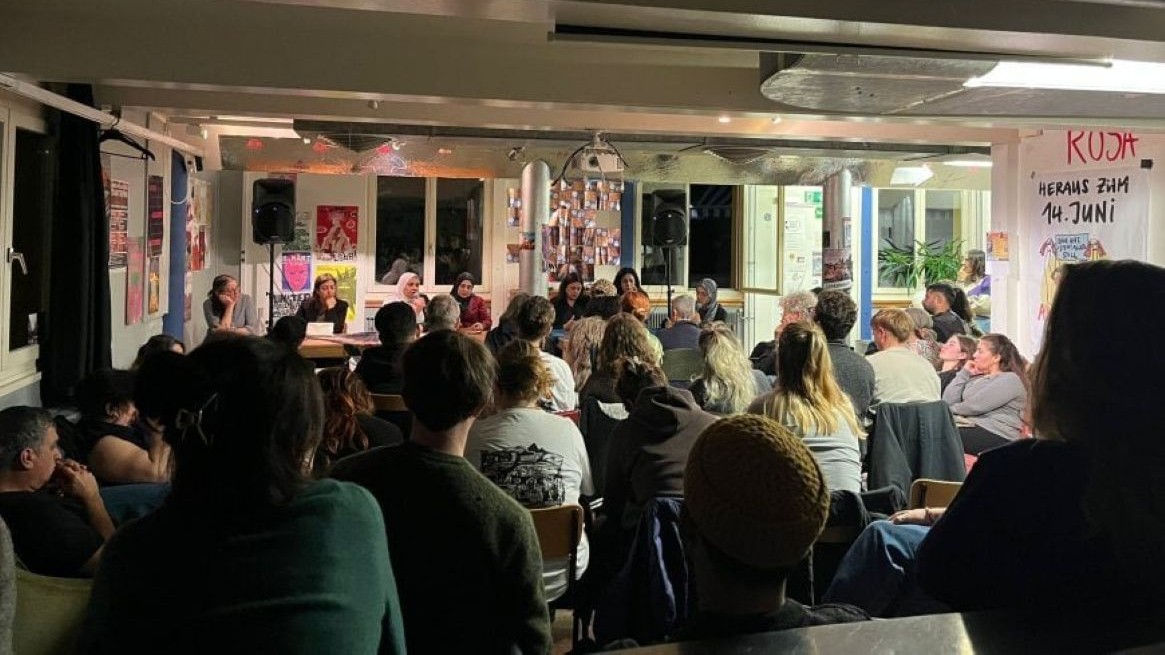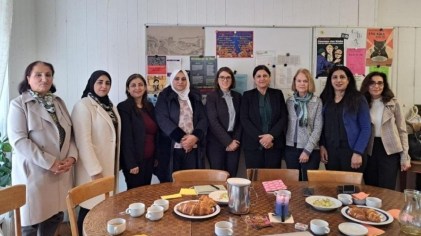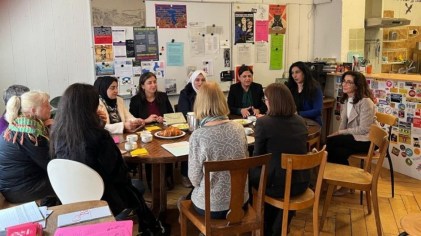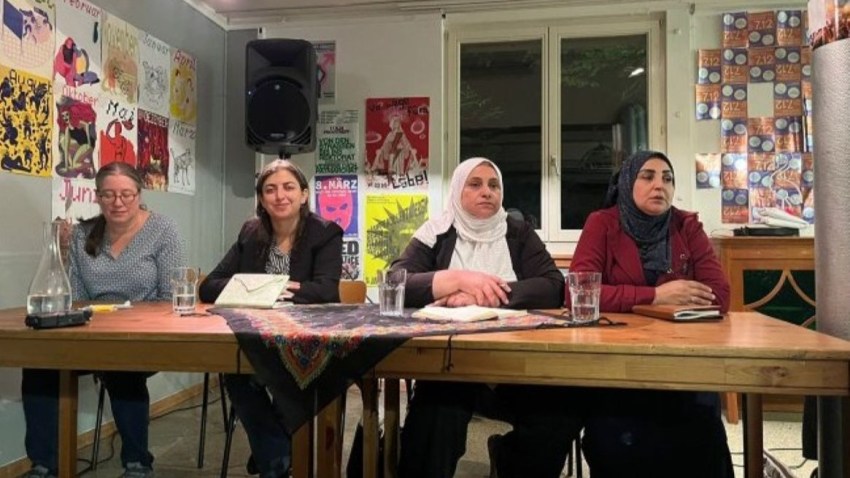ZURICH — Against the backdrop of more than a decade of conflict in Syria, a delegation of women leaders from North and East Syria has taken their voices to Europe, seeking greater recognition for women’s role in shaping the country’s future.
Last week, the delegation held a series of engagements in Switzerland, highlighting both the challenges Syrian women continue to face and their contributions to building a new political framework.
In St. Gallen, the delegation met with local women’s activists and feminist organizations, holding discussions focused on shared struggles against discrimination and gender-based violence. The conversations expanded further when the delegation continued its visit to Zurich.
In Zurich, the group engaged in in-depth talks with members of parliament, political representatives, and key institutions. The discussions examined not only the situation of Syrian women but also broader questions about the structure of a future Syrian state and the mechanisms needed to guarantee women’s participation in political decision-making.
Georgette Barsomo, head of the Syriac Women’s Union (Huyodo d’Neshe Suryoye b’Suriya, HNSS), emphasized the scope of their vision. “What we are proposing is not merely demands specific to women, but a comprehensive vision for a different Syria — one that is democratic, decentralized, and ensures justice for all its components,” she stated.
The delegation — which also included Syrian Women’s Council spokesperson Amina Omar, Zenobia Women’s Gathering spokesperson Mona al-Youssef, Coordination of Kongra Star member Jiyan Hussein, and activist Shahrazad al-Jasem — stressed that challenges extend beyond politics. They pointed to the persistent threats posed by remnants of the Islamic State (ISIS), which continue to create insecurity and social instability that directly affect women’s lives.
Read Also: Syrian Democratic Forces apprehend ISIS leader, thwart attack in Dayro Zcuro
While the meetings also touched on the dimensions of the 10 March Agreement and potential dialogue between the Democratic Autonomous Administration of the Region of North and East Syria (DAARNES) and the Syrian government in Daramsuq (Damascus), the central focus remained on ensuring that any future political settlement is inclusive. Delegates argued that women must have genuine opportunities to participate actively, rather than being marginalized as in previous negotiations.
The European tour, which began days earlier with a meeting with the Bethnahrin Women’s Union (Huyodo d’Neshe d’Bethnahrin, HNB) in Switzerland, reflects a growing effort by Syrian women’s movements to break isolation and connect domestic issues with the international community.
The engagement of women’s delegations could add momentum to stalled negotiation processes long dominated by political and military actors. For the women’s delegation, Switzerland was not merely a brief stop in Europe but a platform to test a new discourse, one that positions women as political actors capable of advancing a more just settlement in a country that can no longer tolerate exclusion or external dictates.



